Weight-loss injections have revolutionized the approach to weight management, offering new hope for individuals struggling with obesity and weight-related health conditions. These prescription medications work by targeting specific hormones in your body to control appetite and promote sustainable weight loss.
Understanding how weight-loss injections work is crucial for anyone considering this treatment option. These innovative medications represent a significant advancement in medical weight management, providing an effective tool alongside healthy lifestyle changes.
How Weight Loss Injections Work in Your Body
Weight-loss injections function by mimicking naturally occurring hormones that regulate blood sugar and appetite. The most common type, GLP-1 receptor agonists, work through multiple mechanisms to support weight management.
These medications primarily target the GLP-1 receptors in your digestive system and brain. When activated, they trigger several important processes that contribute to weight loss. The injections help regulate insulin production, which stabilizes blood sugar levels and reduces cravings for high-calorie foods.
Appetite suppression is one of the primary mechanisms through which these injections work. By affecting the hypothalamus in your brain, they reduce hunger signals and help you feel fuller for longer periods after eating. This natural reduction in appetite makes it easier to consume fewer calories without experiencing constant hunger.
Another crucial mechanism is how these medications slows stomach emptying. This process, known as delayed gastric emptying, means food stays in your stomach longer, contributing to prolonged feelings of fullness.
Common Types of Weight Loss Injections Like Ozempic and Mounjaro
Several prescription medications are currently available for weight management, each with specific characteristics and approval guidelines.
| Medication | Active Ingredient | Injection Frequency | Primary Use | Average Weight Loss |
|---|---|---|---|---|
| Saxenda | Liraglutide | Daily | Weight Management | 5-10% body weight |
| Wegovy | Semaglutide | Weekly | Weight Management | 12-15% body weight |
| Ozempic | Semaglutide | Weekly | Diabetes (off-label weight loss) | 8-12% body weight |
| Mounjaro | Tirzepatide | Weekly | Diabetes (off-label weight loss) | 15-20% body weight |
Saxenda (liraglutide) was one of the first GLP-1 receptor agonists specifically approved for weight management. It requires daily injections and has been extensively studied for long-term safety and effectiveness.
Wegovy (semaglutide) represents a newer generation of weight loss injections, administered weekly rather than daily. This medication has shown remarkable results in clinical trials, with patients experiencing significant weight loss when combined with lifestyle modifications.
Ozempic and Mounjaro for weight loss have gained significant attention, though they're primarily approved for diabetes management. Many healthcare providers prescribe these medications off-label for weight loss due to their effectiveness.
Potential Benefits of Using Prescription Injections for Weight Management
Prescription injections for weight loss offer numerous advantages beyond simple weight reduction. These medications provide comprehensive health benefits that extend far beyond the number on the scale.
Sustainable weight loss is one of the primary benefits of these injections. Unlike many diet programs or supplements that provide temporary results, prescription weight loss injections help patients maintain their weight loss over extended periods.
Cardiovascular health improvements represent another major benefit. Many patients experience reductions in blood pressure, improved cholesterol profiles, and decreased risk of heart disease. These cardiovascular benefits often occur even before significant weight loss is achieved.
Blood sugar control improves dramatically in patients with prediabetes or type 2 diabetes. The medications help stabilize glucose levels throughout the day, reducing the risk of diabetes complications.
Who is a Suitable Candidate for Weight Loss Injection Treatment
Determining suitable candidate for weight loss injections requires careful medical evaluation and consideration of multiple factors. Not everyone struggling with weight issues is appropriate for this treatment approach.
Primary candidates include adults with a body mass index (BMI) of 30 or higher, classified as obese. Individuals with a BMI of 27 or higher who have weight-related health conditions such as diabetes, high blood pressure, or sleep apnea may also qualify for treatment.
Previous unsuccessful attempts at weight loss through diet and exercise modifications are typically required before considering prescription injections. Healthcare providers want to ensure that patients have tried conventional approaches and understand the importance of lifestyle changes alongside medication.
Patients must demonstrate commitment to long-term treatment and lifestyle modifications. Weight-loss injections are most effective when combined with dietary changes, regular physical activity, and ongoing medical supervision.
What Happens When You Stop Weight Loss Injection
Stopping weight loss injections requires careful planning and understanding of potential consequences. The transition off these medications can be challenging and should always be supervised by healthcare providers.
Weight regain is the most common concern when discontinuing treatment. Many patients experience gradual weight gain over months following discontinuation, though the rate and extent vary significantly between individuals.
Hunger and cravings typically return to pre-treatment levels within weeks of stopping the injections. Patients often report increased appetite and difficulty feeling satisfied with smaller portions.
Blood sugar control may deteriorate in patients with diabetes or prediabetes. The beneficial effects on glucose regulation diminish as the medication clears from the system, potentially requiring adjustments to other diabetes medications.
Weight Loss Injections and Heart Health
The relationship between weight loss injections and heart health has become an area of significant medical interest and research. These medications offer substantial cardiovascular benefits that extend beyond weight reduction alone.
Cardiovascular risk reduction represents one of the most important benefits of these treatments. Large-scale clinical trials have demonstrated reduced rates of heart attacks, strokes, and cardiovascular death in patients using GLP-1 receptor agonists.
Blood pressure improvements occur in most patients receiving treatment. The mechanisms include reduced inflammation, improved insulin sensitivity, and direct effects on blood vessel function.
Cholesterol profiles typically improve significantly during treatment. Total cholesterol, LDL (bad) cholesterol, and triglycerides often decrease, while HDL (good) cholesterol may increase.
Important Steps to Take Before Considering Treatment
Preparing for weight-loss injections treatment involves several crucial steps to ensure safety and maximize effectiveness. Proper preparation significantly influences treatment success and reduces potential complications.
Comprehensive medical evaluation is the first essential step. Healthcare providers need complete medical histories, current medication lists, and recent laboratory results. Blood tests typically include glucose levels, kidney function, liver enzymes, and thyroid function.
Benefits and risks of weight loss injections should be thoroughly discussed with healthcare providers. Understanding potential side effects, contraindications, and expected outcomes helps patients make informed decisions about treatment.
Weight loss injections side effects monitoring plans should be established with healthcare providers. Regular follow-up appointments, symptom tracking, and communication protocols ensure prompt management of any complications.
We’re ready to answer your questions
Weight loss injections work by mimicking GLP-1 hormones that suppress appetite, slow stomach emptying, and help you feel fuller for longer periods.
Common types include Saxenda, Wegovy, and off-label use of Ozempic and Mounjaro, all containing GLP-1 receptor agonists for effective weight management.
Good candidates typically have a BMI of 30+ or 27+ with weight-related health conditions, previous unsuccessful diet attempts, and commitment to lifestyle changes.
Yes, weight loss injections significantly improve cardiovascular health by reducing heart attack risk, lowering blood pressure, and improving cholesterol profiles independent of weight loss.
Follow us on social media for updates, tips, and patient success stories:


